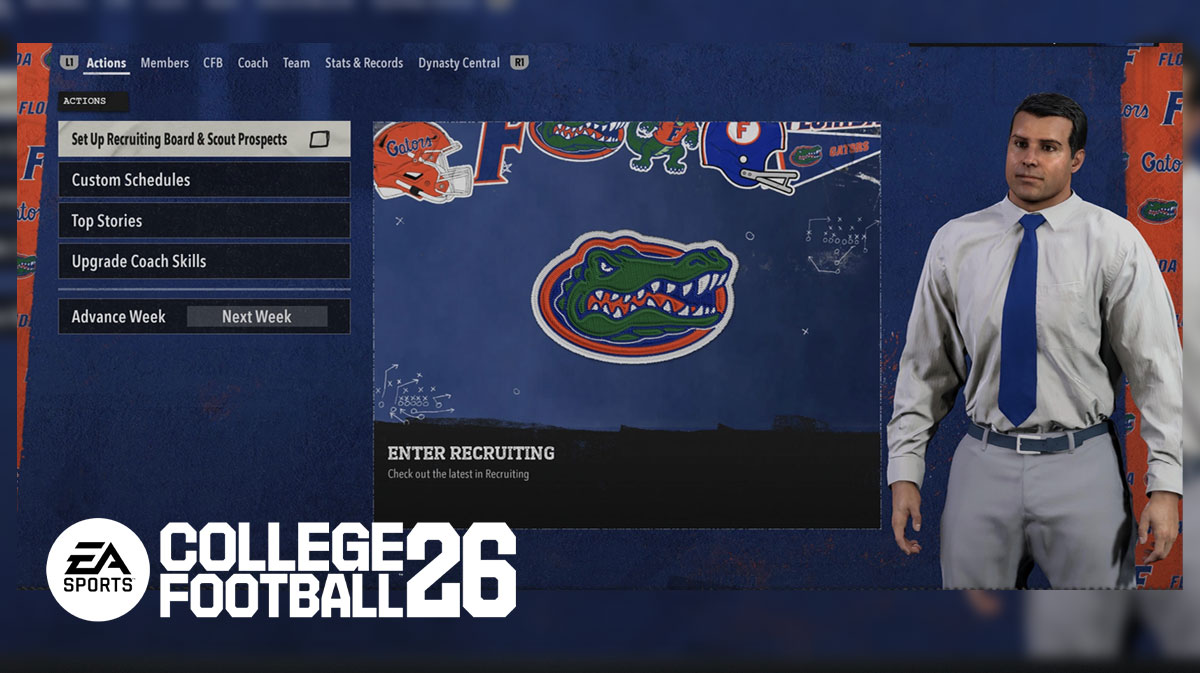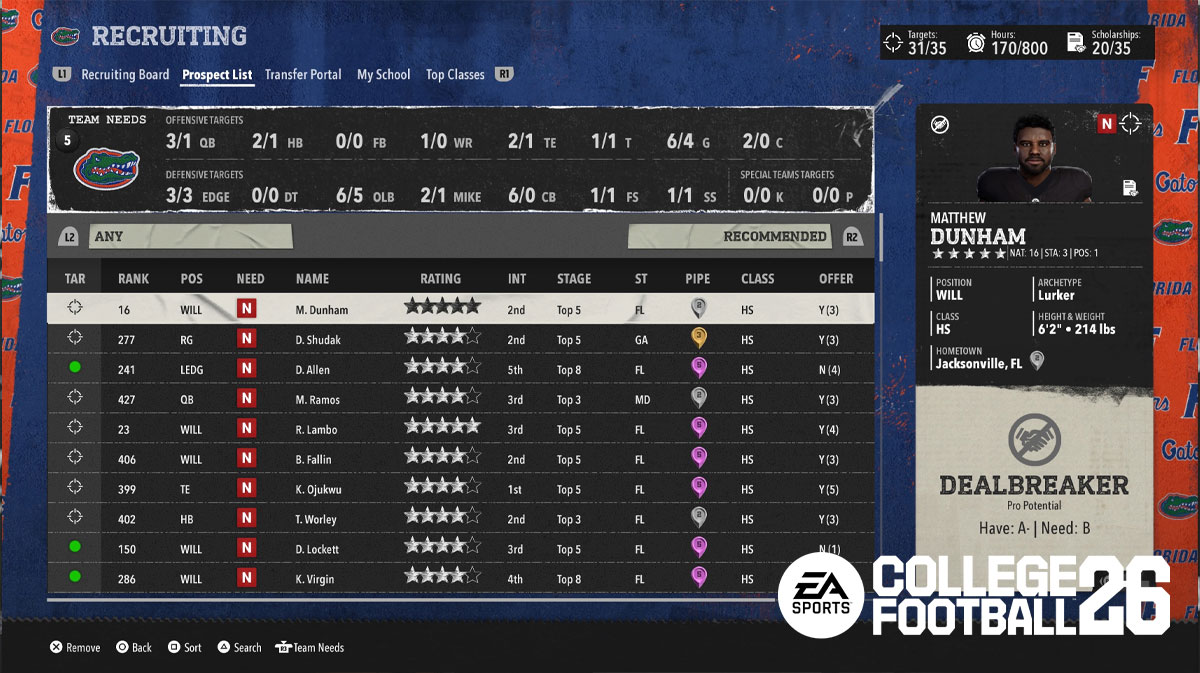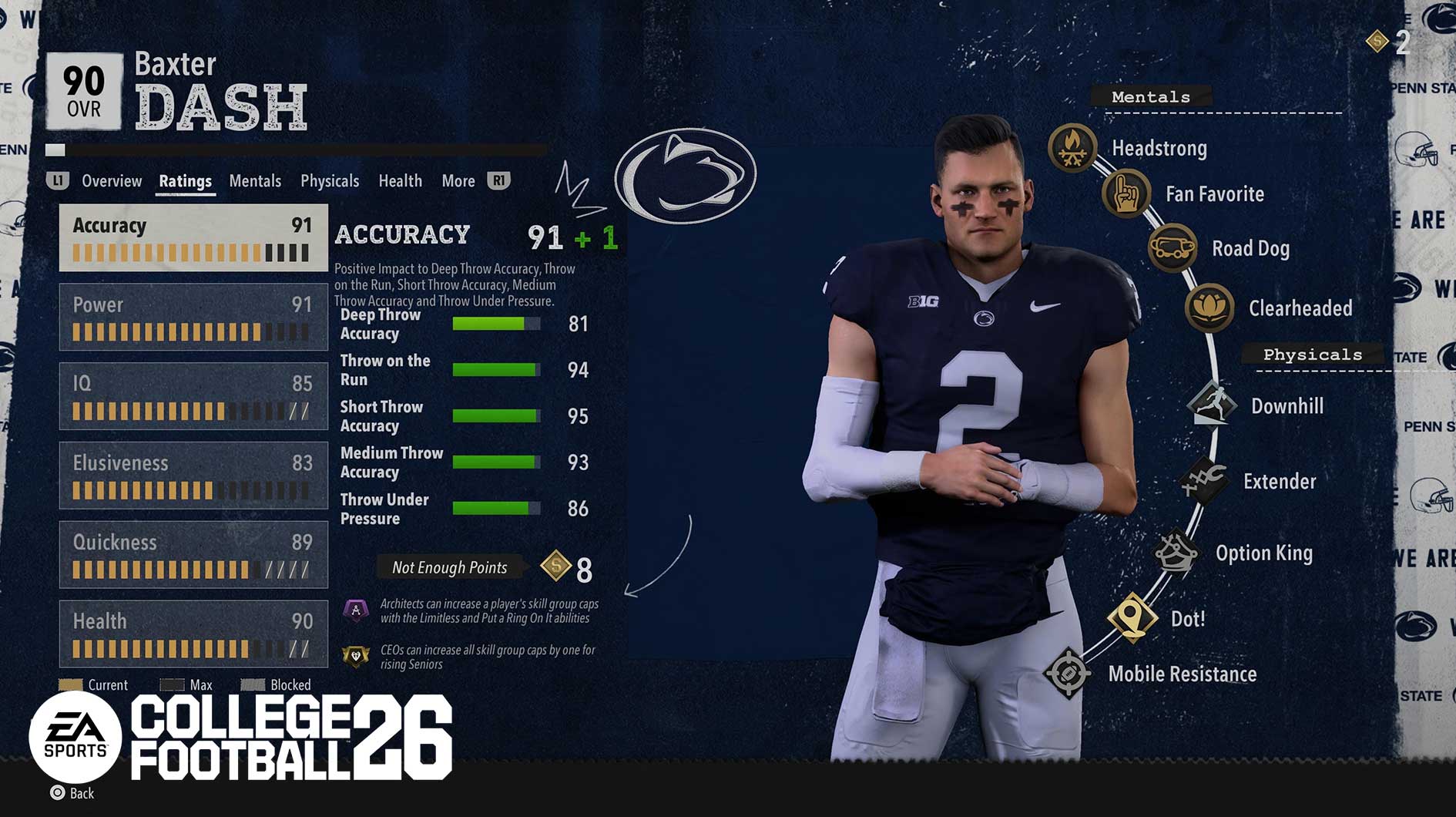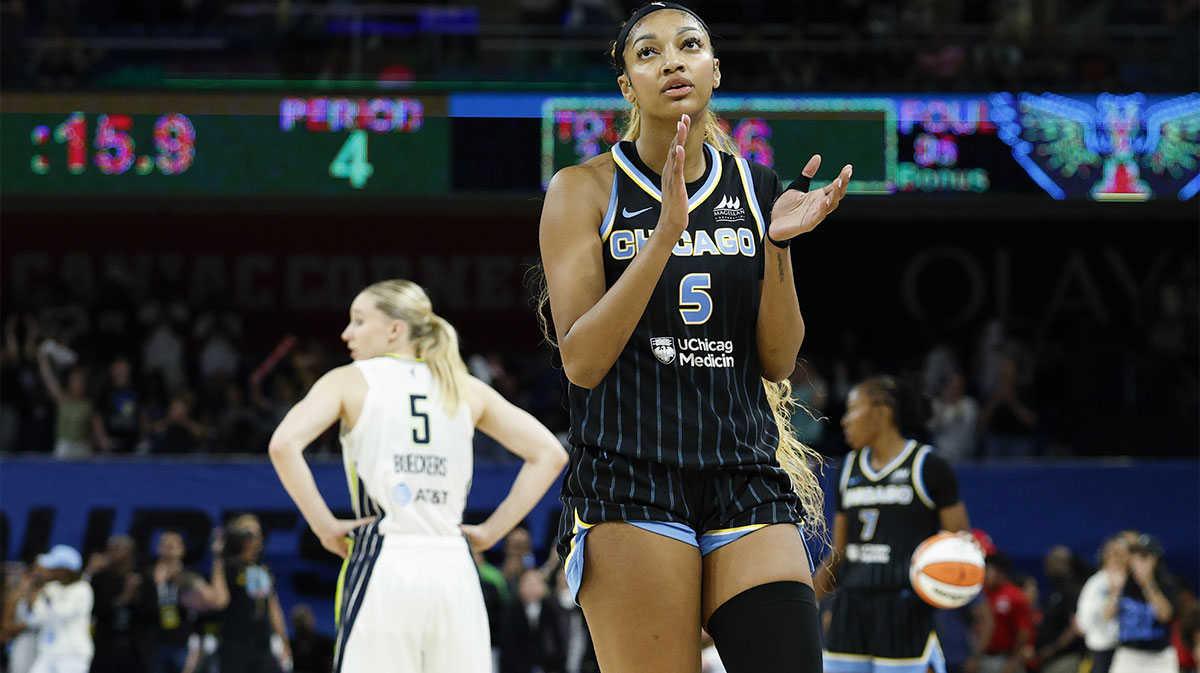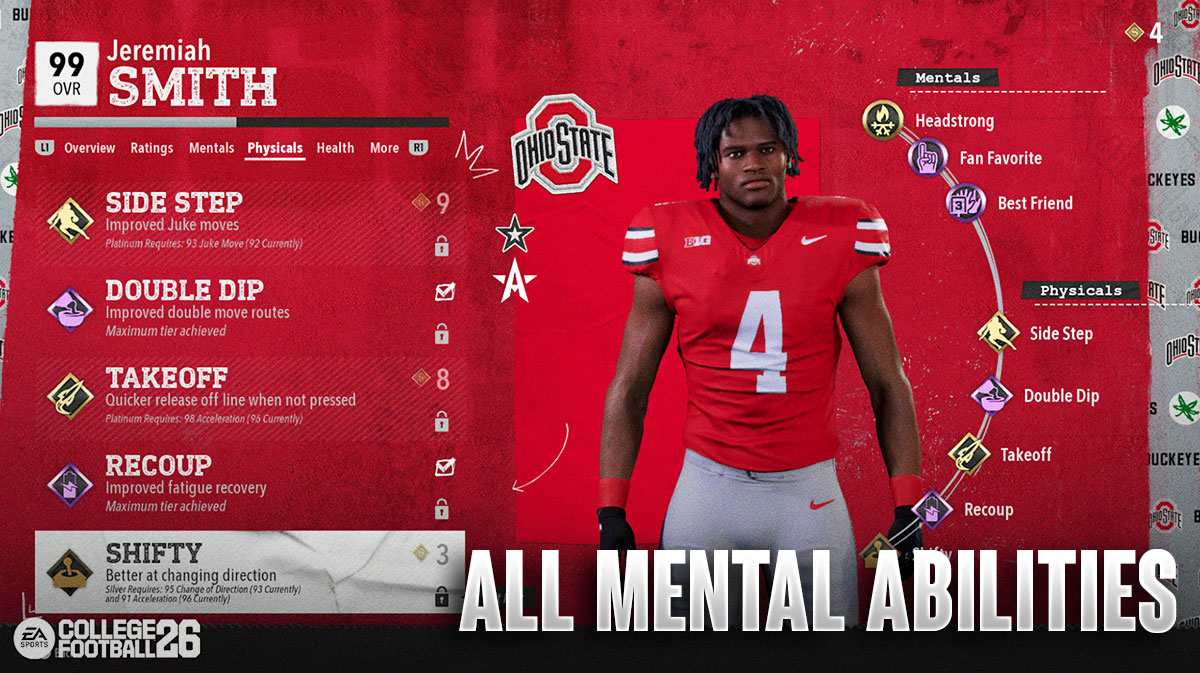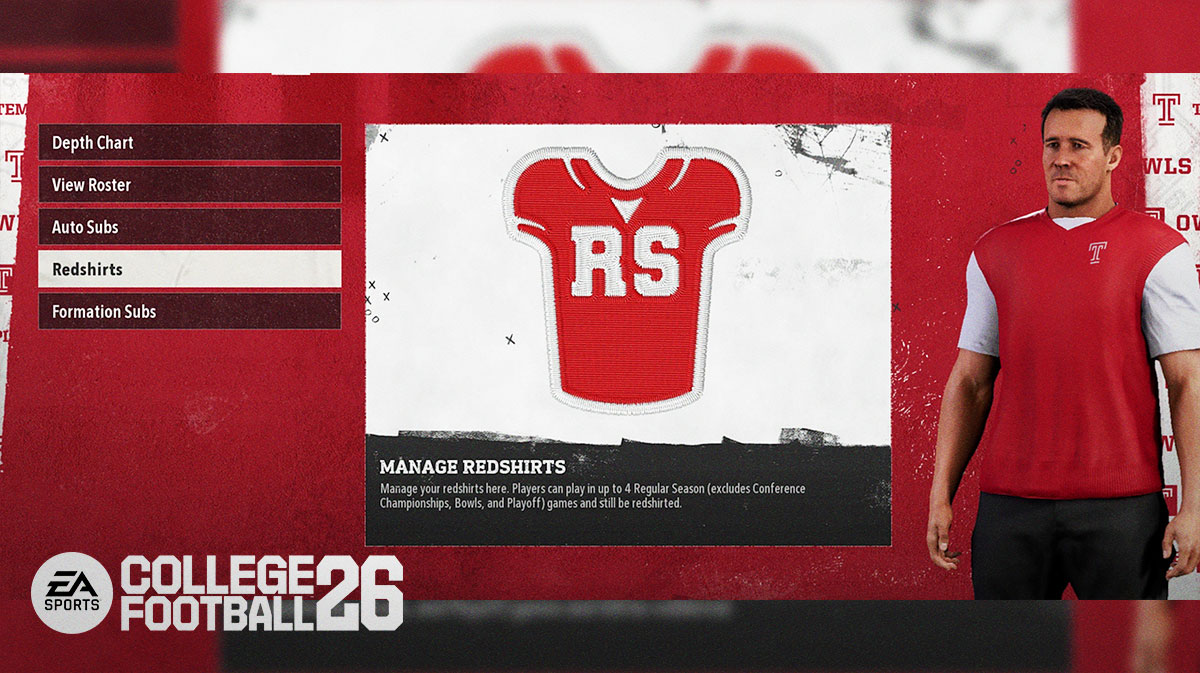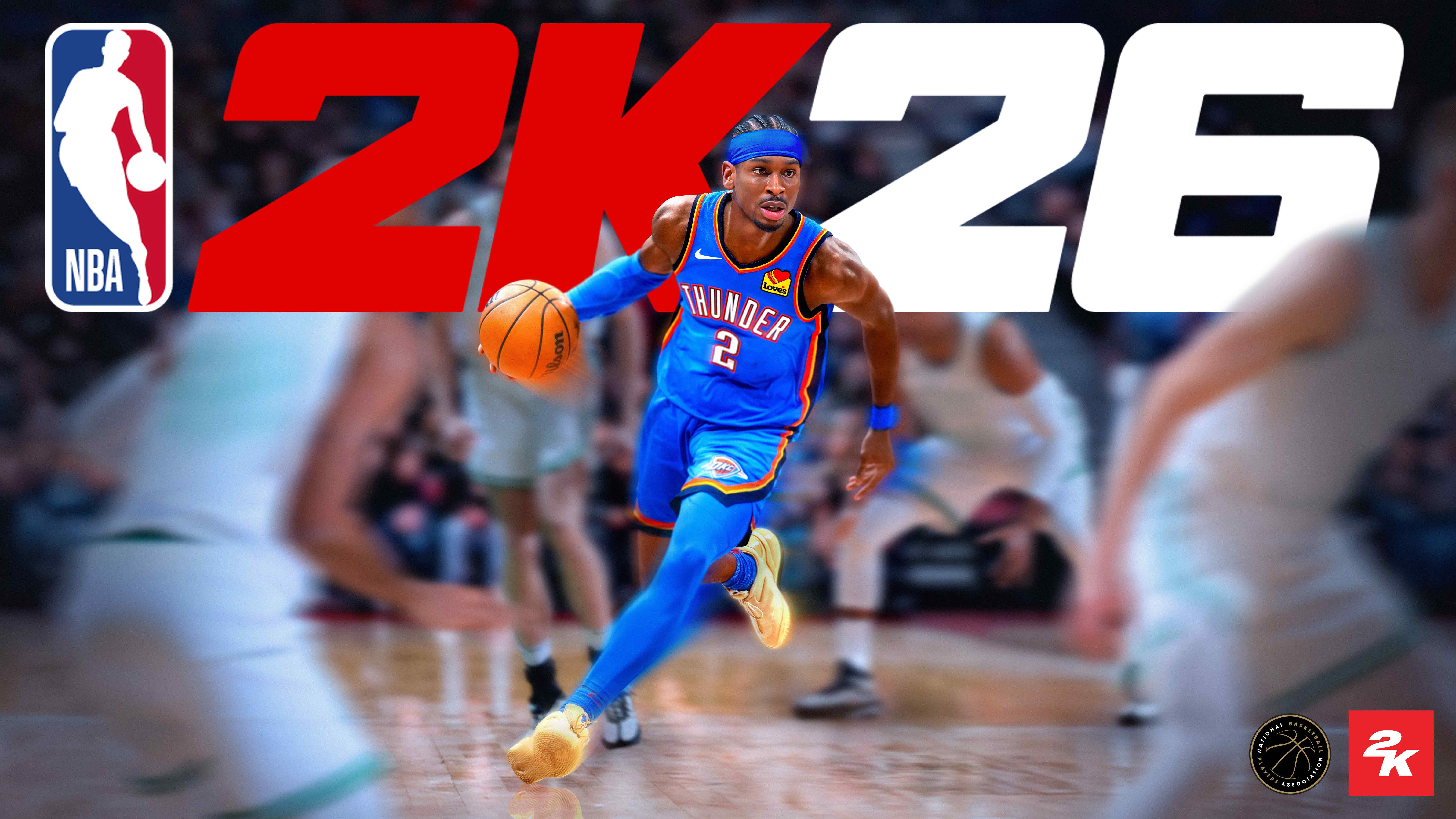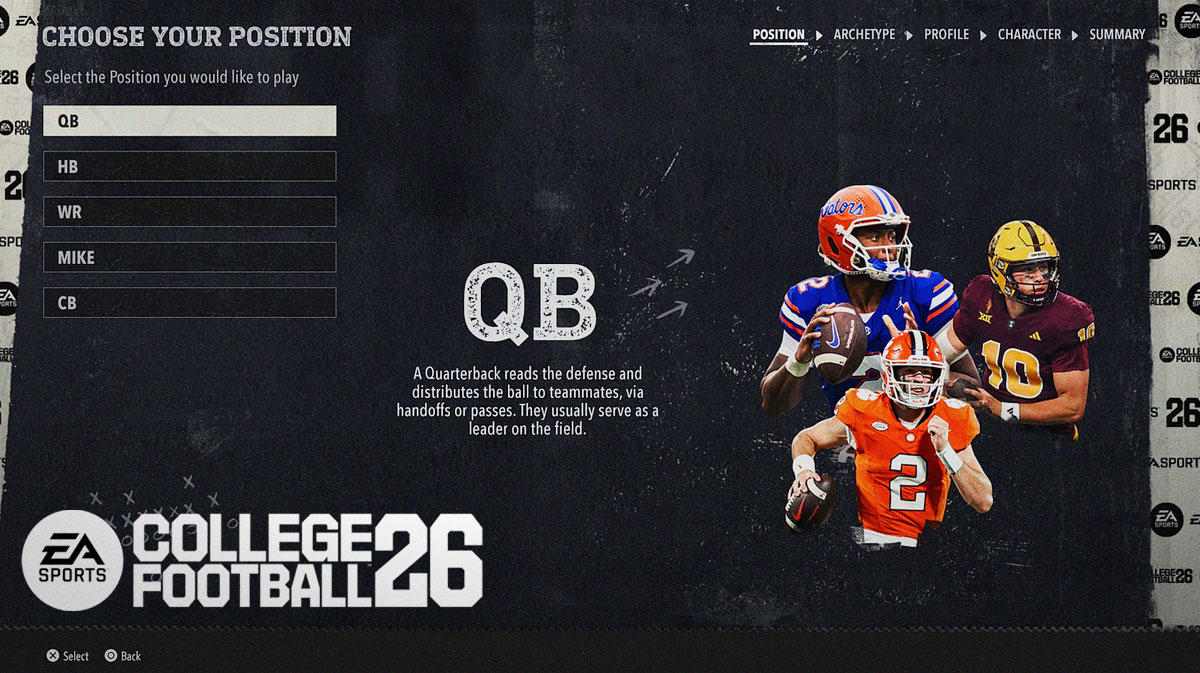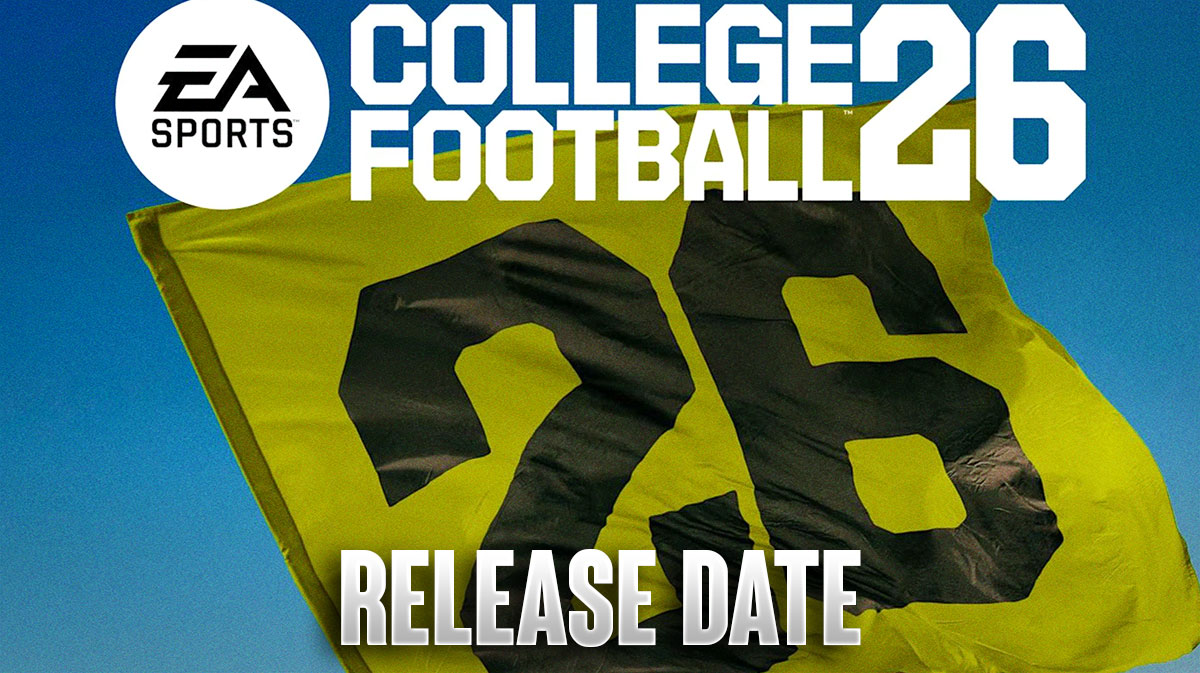When Twitch launched in 2011, it focused on a burgeoning video game live streaming hobby. It was first a spin-off of the live-streaming platform JustinTV until it became too big to not have a platform of its own. Its popularity as a gaming-centric live streaming service led to its growth, eventually becoming synonymous with the act of live streaming games itself. Eventually, its success captured the attention of tech giant Amazon, which eventually acquired the streaming platform in 2014 for $940 million.
The Twitch landscape today is very different from when it started. While game streaming remains to be the most widespread use of the platform, it has since expanded to cater to a wider clientele.
Years after being acquired by Amazon, the parent company recognized that Twitch actually has bigger potential than what it was. In 2018, Twitch began to expand to be more inclusive of different kinds of streamers. Twitch started adding more categories that have nothing to do with gaming, such as Just Chatting, Podcasts, and even streams of people sleeping. Today, Just Chatting has the highest concurrent viewers for a single category, as opposed to when before, IRL streams are not as common.
To be able to cater to this wide variety of content, Twitch needed its Terms of Service to not be exclusive. Meaning, it needed its Terms of Service to be flexible. One thing it didn't need was for it to be specific. This seemingly ‘vague' set of rules has become a cause of controversy for many Twitch users.
Twitch's loose Terms and Conditions led to the rise of ‘Hot Tub', ‘ASMR', and ‘Gambling' meta
However, a loose and not so well-defined Terms of Service can have unwanted consequences. Creators who want to game the system make questionable content that stretches the intended meaning of the Terms of Service. Building up your fanbase with regular content takes huge effort and the number of creators there are on the platform makes the competition stiff. Some streamers are willing to use whatever means necessary to get ahead of others. ““Hot Tub Meta,” “Gambling Meta,” and “ASMR Meta” are all just different types of performances and there is clearly an audience for this type of borderline NSFW content,” says Atty. Anita K. Sharma, Esq., entertainment attorney and Founder/Managing Partner of Sharma Law. “Just look at the success of OnlyFans!”
While some “Hot Tub Meta” streamers like Indiefoxx and Amouranth have since been suspended from the platform, Twitch has not gone forward to completely ban these kinds of streams. In fact, the suspensions of streamers aren't directly attributed to the Metas, as usually Twitch suspends users with very vague explanations. “Amazon is highly advertiser sensitive, and with Twitch they seem to be trying to balance creative freedom with vague standards of what is “sexually explicit content” so they don’t run into the same problems YouTube had recently with advertisers jumping ship due to NFSW or offensive content being posted,” Atty. Sharma weighs in. “Twitch has said publicly that their intention with their “Sexually Suggestive policy “was to draw a line on content that is overtly or explicitly sexually suggestive, not to ban all content that could be viewed as sexually suggestive (since that would effectively ban many video games).”
How gaming streamers react to the meta
Gaming streamers aren't directly affected by the existence of Hot Tub, ASMR, and Gambling streamers. However, there's general concern within Twitch's gaming community on where the platform is currently headed. “I do think there is a general concern in the Twitch community about the growing amount of NSFW content that runs the risk of turning Twitch into an OnlyFans-type softcore porn platform,” says Atty. Sharma. Inconsistent enforcement of rules continues to make things confusing for all creators, hot tub meta streamer or otherwise.
The inconsistency traces to how Twitch tries to play “fair” with their female streamers. “The vagueness is also likely due to a clumsy effort to combat allegations of misogyny on the platform since women are unfairly punished by these vague rules that are selectively and inconsistently enforced,” comments Atty. Sharma. “Since females are already routinely harassed on the platform, this is another huge issue for the platform.”
Meanwhile, other more prominent gaming streamers have made clear what they think about the current Hot Tub meta. Felix “xQc” Lengyel has called the hot tub meta “pathetic,” even going as far as posting a video reacting to a Hot Tub meta town hall meeting and giving his own thoughts on the matter. Imane “Pokimane” Anys, who herself partook in a tongue-in-cheek hot tub stream with OfflineTV on her birthday, said that Twitch's treatment of such content is a “ticking time bomb.”
What should Twitch do to fix things?
Whether or not gaming streamers will make use of or eventually end up competing with Hot Tub streamers and the like, the community's concern on how a supposedly family-friendly platform could end up being a hotbed for sexually explicit content is a valid one. Twitch will have to address these issues sooner than later.
Twitch will have to revisit its Terms of Service and really define its rules more clearly. While there have been multiple attempts on this before, it's clear that they haven't been enough. With a clearer picture painted on its Terms of Service, Twitch will be able to enforce its rules more consistently. This will also help Twitch streamers understand clearly what Twitch allows on its platform. “Once the definitions are clear,” explains Atty. Sharma, “Twitch needs to enforce the rules in a transparent and consistent manner and also provide creators the opportunity and a clear pathway to appeal punishments under this policy. ”
Whether or not Twitch will continue to pursue catering to borderline sexually explicit content or not, it doesn't matter as long as Twitch has a clear Terms of Service. As long Twitch draws the lines clearly and enforcement is consistent. In any case, a clear Terms of Service will allow streamers to understand what kind of platform Twitch really is. And at the end of the day, clear lines on the sand will help streamers decide whether they would like to continue streaming in the Twitch environment.


